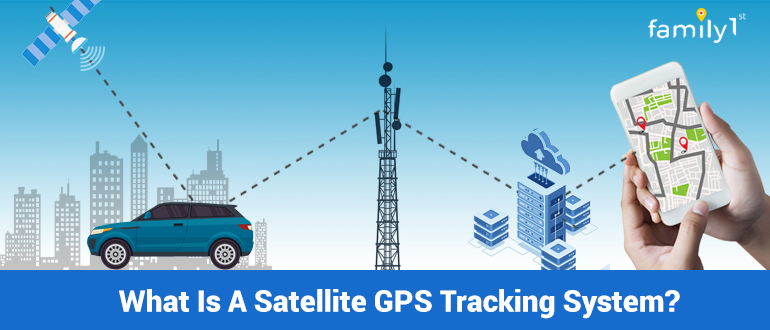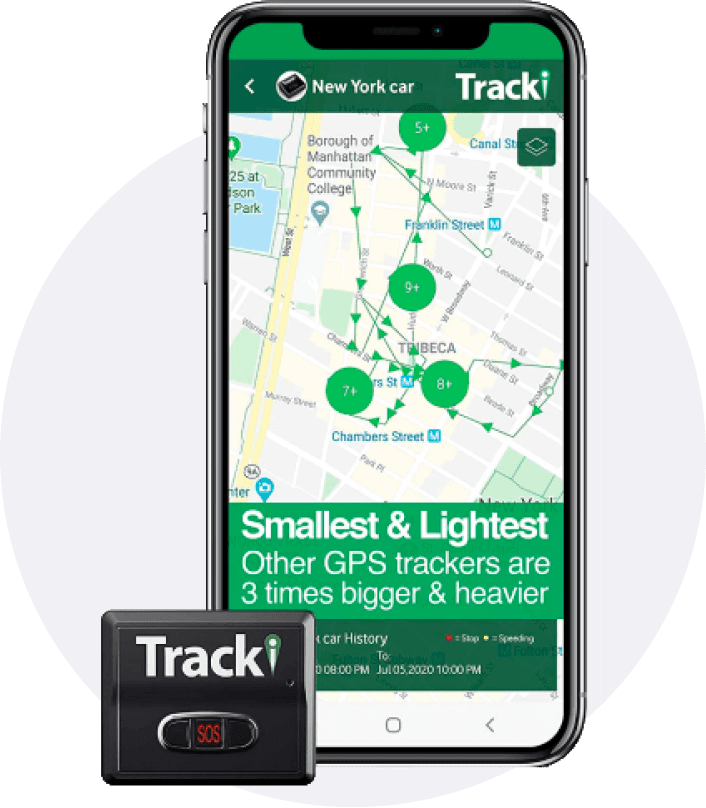Navigating the Future of GPS Tracking: Technologies, Difficulties, and Opportunities Ahead
As we stand at the crossroads of technical innovations and social effects, the landscape of GPS tracking is poised for a transformative trip ahead. The advancement of GPS modern technology has actually been fast, introducing a brand-new age of real-time tracking abilities that promise unprecedented degrees of precision and performance. Nevertheless, with excellent innovation comes fantastic obligation, as data personal privacy concerns loom huge and safety obstacles in general practitioner tracking raising essential inquiries concerning safeguarding sensitive information. Among these challenges exist surprise chances waiting to be checked out, providing a peek right into the untapped capacity of a market at the edge of modification.
Development of GPS Technology
Created for armed forces functions, GPS technology has advanced to come to be a common device in numerous fields, consisting of transport, logistics, agriculture, and individual navigating. Early General practitioner systems were defined by restricted coverage, lower precision, and bulkier equipment requirements.
One secret turning point in the advancement of GPS technology was the development of Discerning Accessibility (SA) in the 1990s, which deliberately deteriorated the accuracy of civilian general practitioner signals. The discontinuation of SA in 2000 considerably enhanced GPS precision for private individuals. Subsequent advancements, such as the implementation of extra satellite constellations like Galileo and BeiDou, have actually further enhanced GPS protection and precision, making it a vital device in day-to-day life. As GPS modern technology remains to progress, we can expect additional renovations in accuracy, performance, and protection, opening new possibilities for innovation and applications across different sectors.
Real-Time Monitoring Innovations
Building on the developments in GPS technology that have transformed accuracy and insurance coverage, real-time tracking has emerged as a pivotal location of innovation with extensive implications across various sectors. Real-time monitoring improvements enable companies and organizations to keep track of automobiles, employees, and assets immediately, supplying useful insights for decision-making procedures - gps tracking. By leveraging real-time information, firms can boost operational efficiency, improve client service, and ensure the safety and security and safety of their properties
Among the essential improvements in real-time tracking is the integration of artificial intelligence and artificial intelligence formulas, which make it possible for anticipating analytics and anomaly discovery. These capacities enable for aggressive maintenance scheduling, course optimization, and threat reduction techniques. In addition, the development of real-time radar has caused the growth of personalized dashboards and mobile applications, encouraging individuals to accessibility crucial info anytime, anywhere.
Data Privacy Worries

Data personal privacy concerns include various elements, consisting of the storage, sharing, and retention of area information. Services must apply robust security measures to safeguard GPS monitoring data from cyber dangers and information violations. Transparent policies pertaining to data collection techniques and the objective of monitoring are important to construct trust with consumers and make certain conformity with data defense policies.

Protection Obstacles in GPS Monitoring
Addressing data personal privacy issues in GPS monitoring is delicately connected to minimizing the safety tests that develop from prospective susceptabilities in the innovation. One of the key protection obstacles in GPS tracking is the threat of unapproved access to delicate location data - gps tracking. Hackers can intercept GPS signals, manipulate location information, or perhaps track people without their permission. This not just invades personal privacy but additionally presents serious security risks.
Another safety obstacle is the possibility for obstructing or spoofing General practitioner signals. Executing robust security, verification measures, and signal verification protocols are essential steps in dealing with these security challenges in GPS tracking.
Emerging Opportunities in the Industry
The expanding area of GPS monitoring modern technology offers a myriad of promising chances for sector growth and innovation. One crucial chance hinges on the development of GPS monitoring applications beyond look at this web-site standard sectors. Industries such as logistics, transportation, and fleet monitoring have been early adopters of general practitioner innovation. However, arising chances are currently emerging in locations like healthcare, agriculture, and environmental monitoring. As an example, GPS tracking can revolutionize patient treatment by making it possible for remote monitoring of vital signs and making certain timely medical assistance. In agriculture, GPS modern technology can enhance plant administration methods and improve total return. Environmental monitoring can benefit from GPS tracking by making it possible for real-time data collection for environment study and preservation efforts.
One more substantial opportunity in the GPS monitoring market is the combination of innovative analytics and expert system. By leveraging these innovations, services can acquire important insights from GPS data to improve functional efficiency, enhance decision-making procedures, and deal personalized services to customers. Furthermore, the enhancing demand for linked gadgets and IoT remedies offers a ripe possibility for general practitioner monitoring firms to expand their offerings and develop cutting-edge remedies that satisfy a more linked world. By taking advantage of these emerging opportunities, GPS monitoring companies can position themselves for continual development and success in the dynamic landscape of the sector.
Verdict
In final thought, the future of GPS tracking is noted by constant advancement and innovation in innovation. As the market relocates onward, browsing these challenges will be vital to make sure the continued growth and success of GPS tracking technology.
With fantastic advancement comes excellent duty, as data privacy worries loom big and safety and security challenges in General practitioner monitoring raise important concerns regarding securing delicate info.With the fast proliferation of General practitioner tracking modern technology in various industries, resolving data personal privacy problems has come to be an essential vital for both consumers and companies alike. The collection of location data with Learn More Here GPS tracking elevates substantial personal privacy concerns, as it enables the tracking of individuals' behaviors and motions. Companies making use of GPS tracking need to focus on securing this data to protect against unauthorized access or misuse that can compromise people' personal privacy rights.
Services have to execute durable safety actions to secure General practitioner tracking data from cyber a knockout post risks and data breaches.